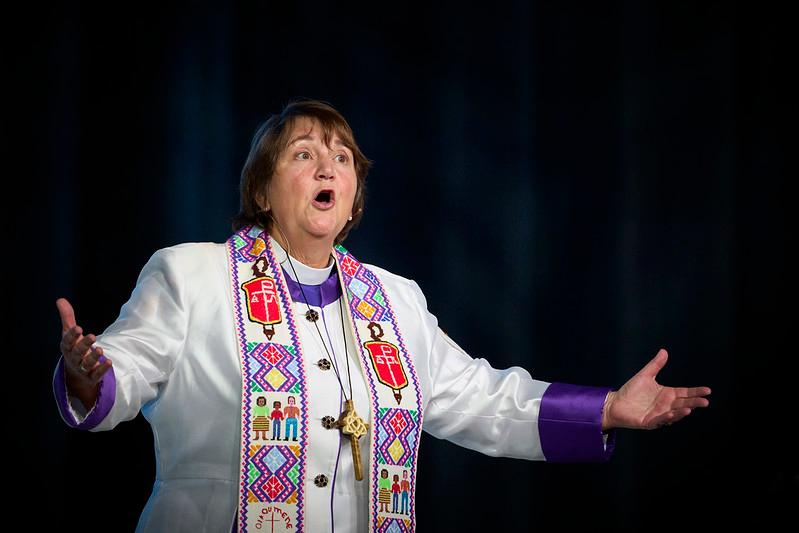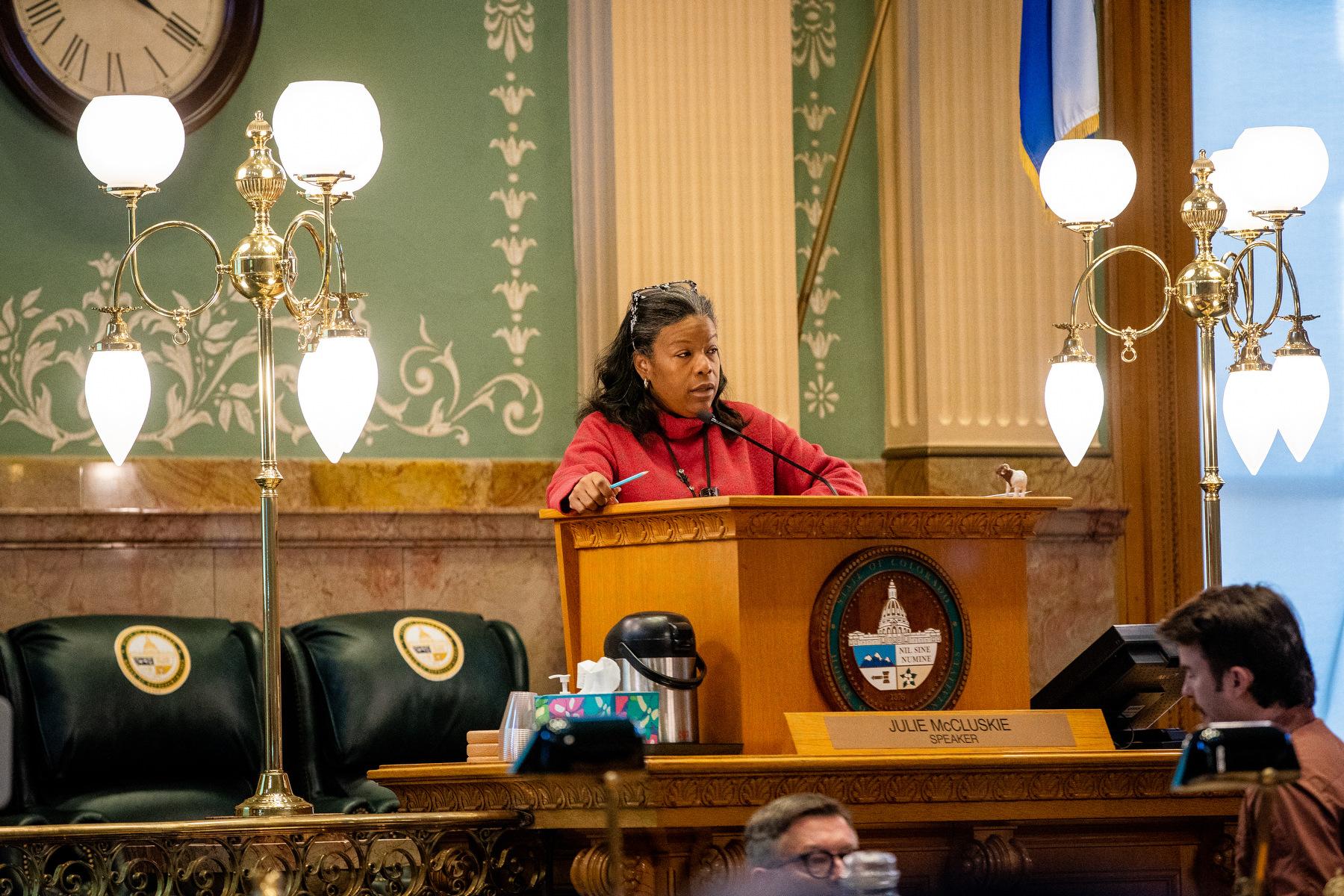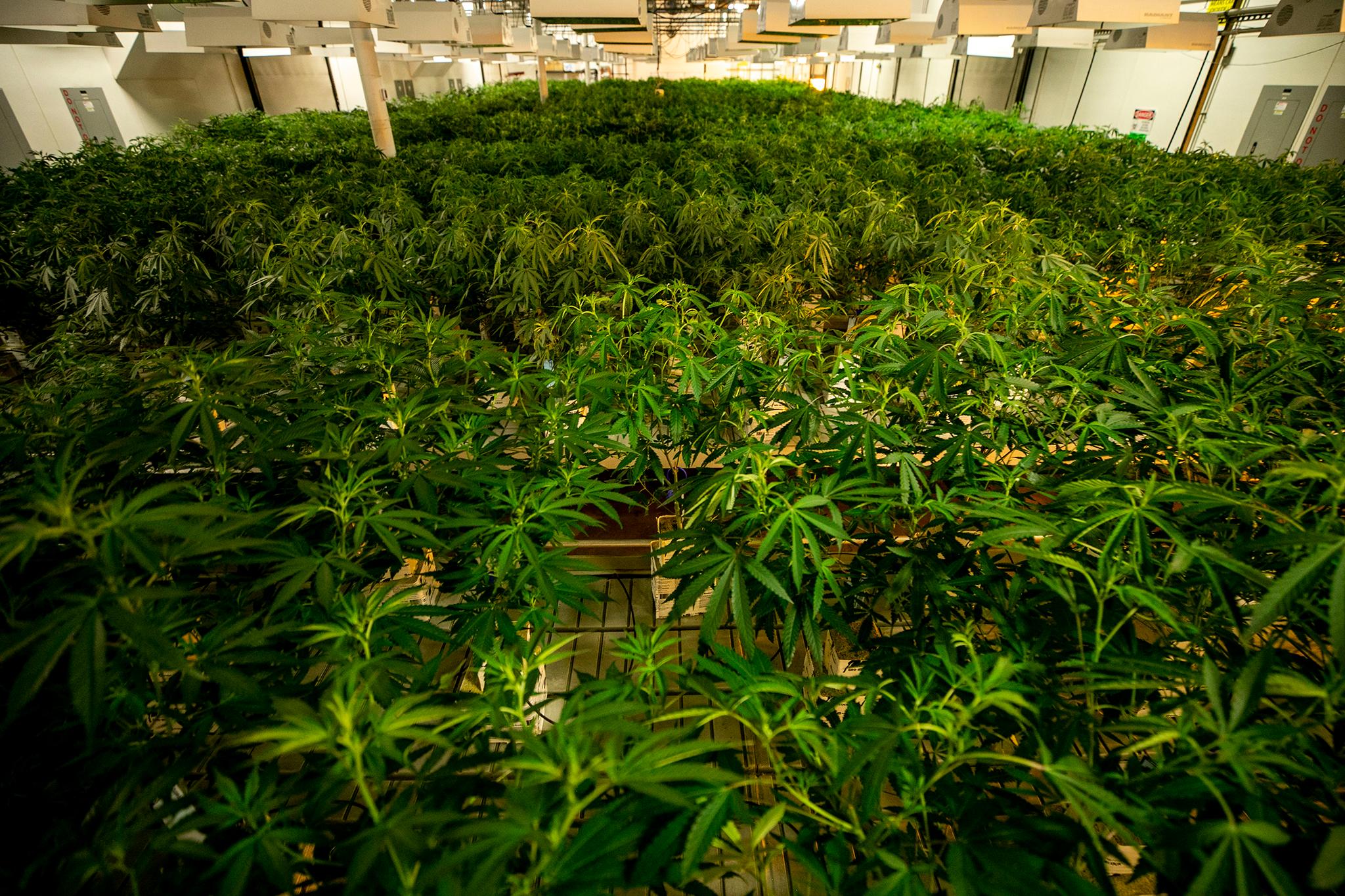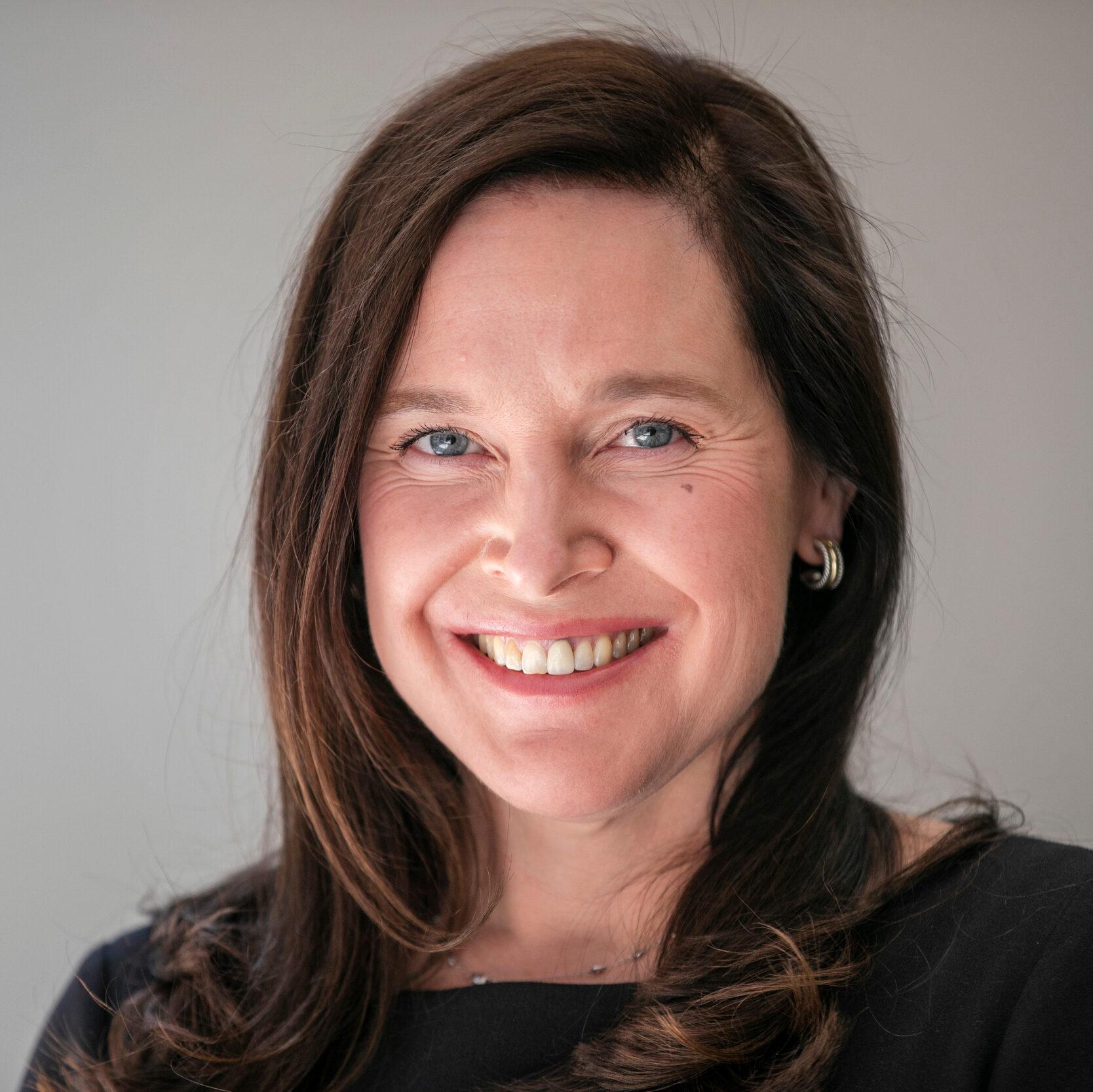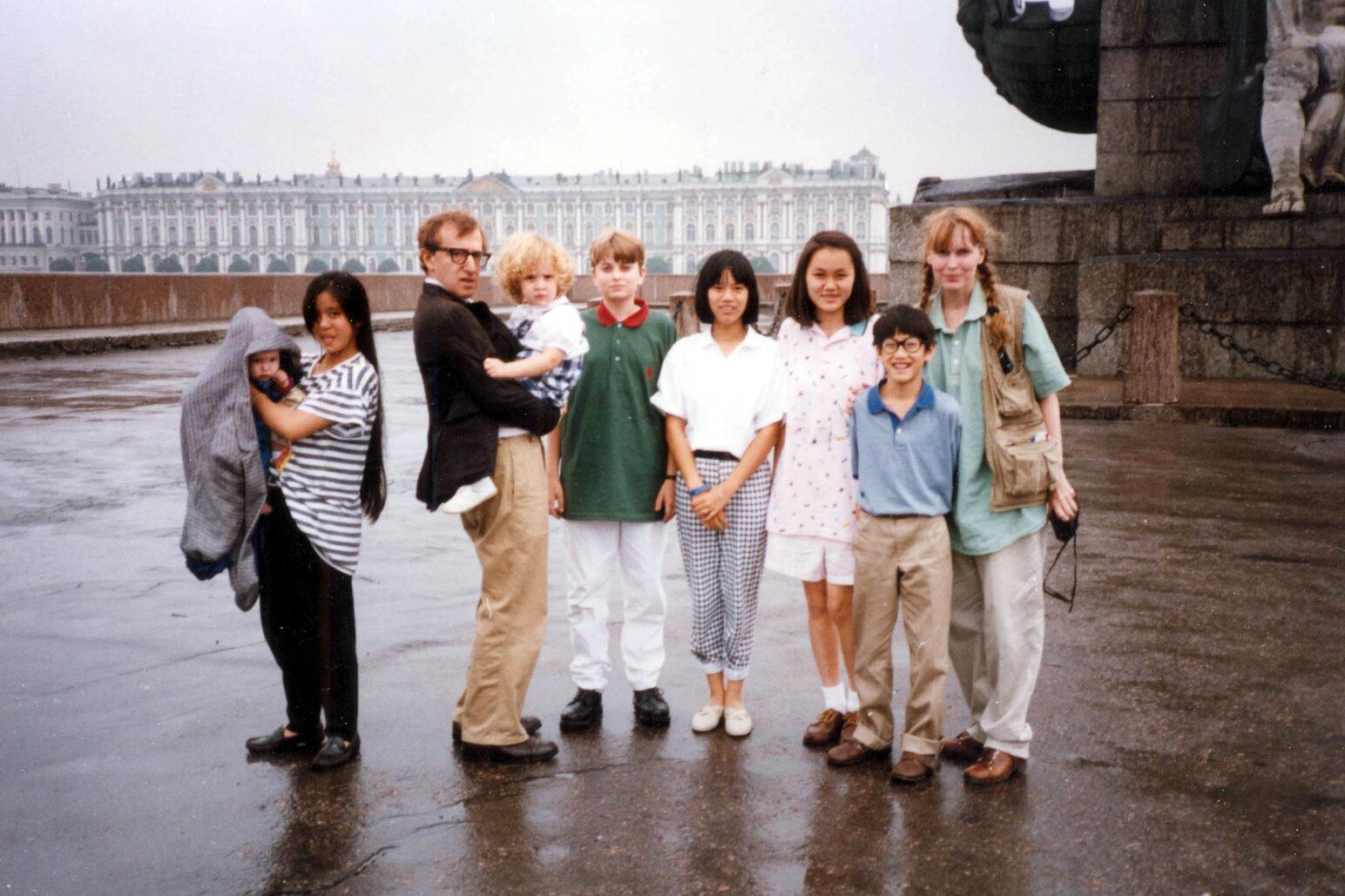
Throughout her journalism and documentary career, Amy Herdy has researched dozens of difficult topics.
Her 2003 Denver Post series “Betrayal in the Ranks” uncovered the issue of sexual abuse in the military. It later helped inform legislation against abuse in the ranks. It also connected Herdy to filmmakers Amy Ziering and Kirby Dick, who were working on a documentary on the same subject, “The Invisible War.”
That meeting became a collaboration that took Herdy out of the newsroom and into the documentary field, where she has since researched and produced films on sexual assault on college campuses (“The Hunting Ground”), medical malpractice (“The Bleeding Edge”) and the sexual assault accusations against hip hop mogul Russell Simmons (“On the Record”).
Three years ago she joined Ziering and Dick’s latest project, “Allen v. Farrow,” as a producer and researcher. The four-part HBO docu-series recounts Mia Farrow’s relationship with Allen, their lives as co-workers and partners, the family they shared, and eventually, his increasingly disturbing behavior around his then 7-year-old adopted daughter Dylan and the fallout when Dylan told her mother what Allen was doing to her.
“I would like to point out there's a double entendre with that title of ‘Allen v. Farrow,’” Herdy told Colorado Matters. “Initially, you think that it is Mia Farrow, but it actually turns out to be Dylan Farrow because it was Dylan Farrow's coming forward to say that Woody Allen had molested her that started the case.”
The series reexamines the dueling cases in Connecticut and New York and the role the media played in forming public opinion.
“Woody Allen presents himself to the public as this harmless, bumbling, nice guy. He has this persona of kind of being a goofball and being very likable, and he shows his flaws to the audience in his films.” But that public persona is different from the Allen found in her investigation. “It's in stark contrast to the Woody Allen heard on these audio tapes,” she said. “The voice on these audio tapes is cold, and the demeanor is calculating. He sounds scary to me.”
Herdy also tackled Allen’s accusations of Mia Farrow’s competency, claiming her actions were vindictive attacks because he recently married another of Farrow’s adopted daughters, Soon-Yi Previn.
“I never fully appreciated the term being guest lit until I started researching this case,” said Herdy. “I started having interactions with Mia Farrow, realizing how thoughtful and cogent she was even at the time. When I went back and looked at her testimony, when I listened to those audio tapes, when I read through all the records, she handled it with an amazing amount of grace and ‘gaslight’ is such an appropriate term for what was done to her.”
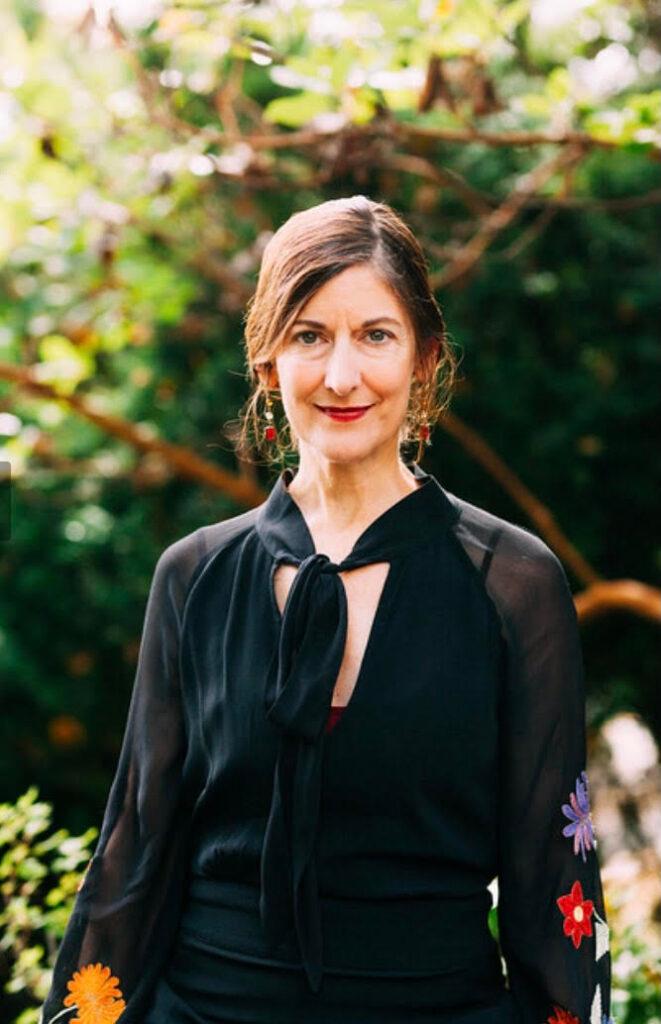
At first, it wasn’t easy for the documentary team to get interviews with the Farrow family. Herdy said Dylan’s brother, Ronan, advised her against going public again for fear of backlash. Eventually, the family, many of their friends, and neighbors shared their experiences.
“We hear from witnesses who were there that day,” said Herdy. “We pretty much lay it all out in a very factual way of exactly what happened. From looking at all of the evidence that we gathered, the transcripts and talking to the witnesses, I firmly believe that Woody Allen molested Dylan Farrow that day.”
Throughout her research, Herdy found Dylan’s story “remained consistent.”
“She was put through a grueling process, even back in 1992, they knew better, and today there's no way that that would be allowed to happen where she was interviewed over and over and over again,” she said. “We found from looking through all the records that she was consistent with a story that she told and that there were many people who believed her, many people who were investigating who believed her and that's reflected in the records.”
When “Allen v. Farrow” premiered, Allen denounced the series and claimed it was full of “falsehoods,” something Herdy vehemently rebuts. “What falsehoods? Name them,” she said. “That's a sweeping statement that he's just making in defense. There are no falsehoods. This project was very carefully researched and very thoroughly vetted and very thoroughly lawyered.”
Beyond this singular story, Herdy hopes that her work will reach others as well.
“I hope this series achieves awareness for incest and for survivors to feel that they can come forward and be heard and get help because I think there are a lot of survivors who are suffering in silence,” she said. “Incest is such an uncomfortable topic. People very rarely want to talk about it. And #MeToo has not touched on it at all.”
She sees the media coverage as wanting something “much neater and cleaner” so it uncomfortably shies away because it’s both child sexual abuse and incest.
“It seems like they want to have broken bones and black eyes, but that’s not what happens with incest,” Herdy said. “There aren't typically broken bones, there's broken hearts. That's what makes it so insidious and that's how perpetrators are able to get away with it. Their victims love them.”
“Allen v. Farrow” airs Sundays on HBO or on demand with HBO Max

